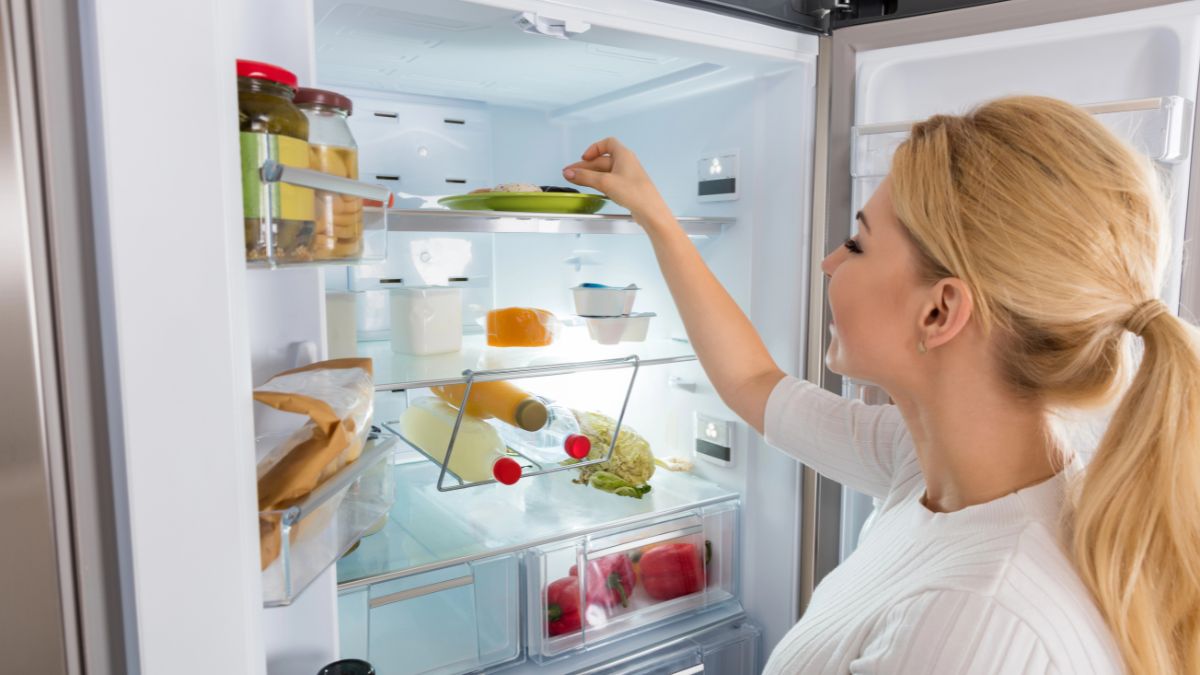15 Foods That Spoil Faster Than You Think, Even in the Fridge
Keeping your food fresh is essential for both taste and safety. However, some foods don’t last as long as expected, even when stored properly in the fridge. Understanding which foods spoil quickly can help you avoid waste and stay safe.
Here’s a list of 15 foods that tend to go bad faster than you might think, so you can manage your fridge more effectively.
Leafy Greens
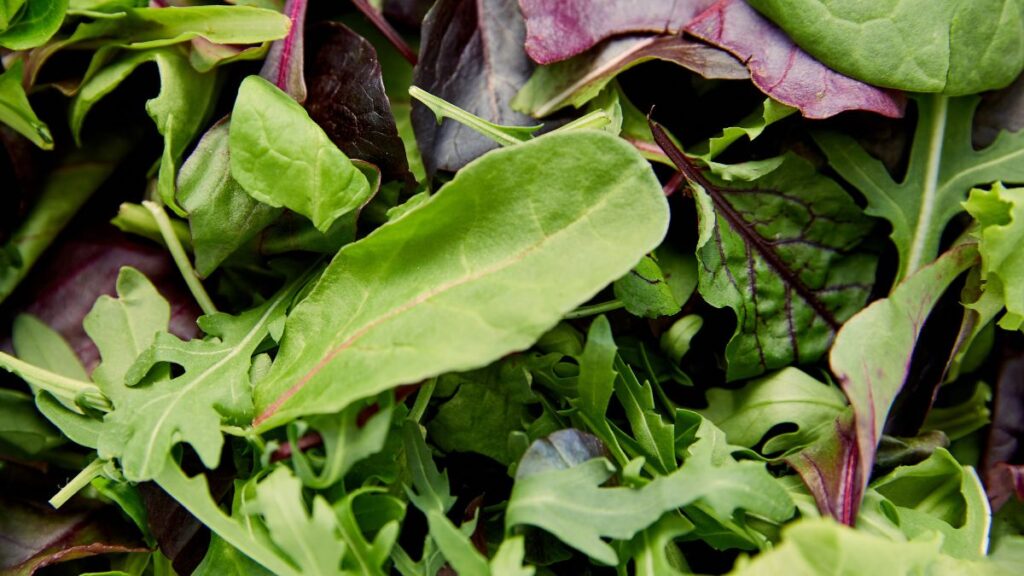
Leafy greens like spinach, kale, and lettuce are packed with nutrients but have a surprisingly short shelf life. Even when stored in the refrigerator, they can wilt and spoil within a week. These greens’ high moisture content and delicate nature make them prone to quick deterioration.
To extend their freshness, keep them in a dry, airtight container and avoid washing until ready to use. Checking your greens regularly for any signs of spoilage can help prevent waste. Use them within a few days to ensure they stay crisp and nutritious.
Fresh Berries
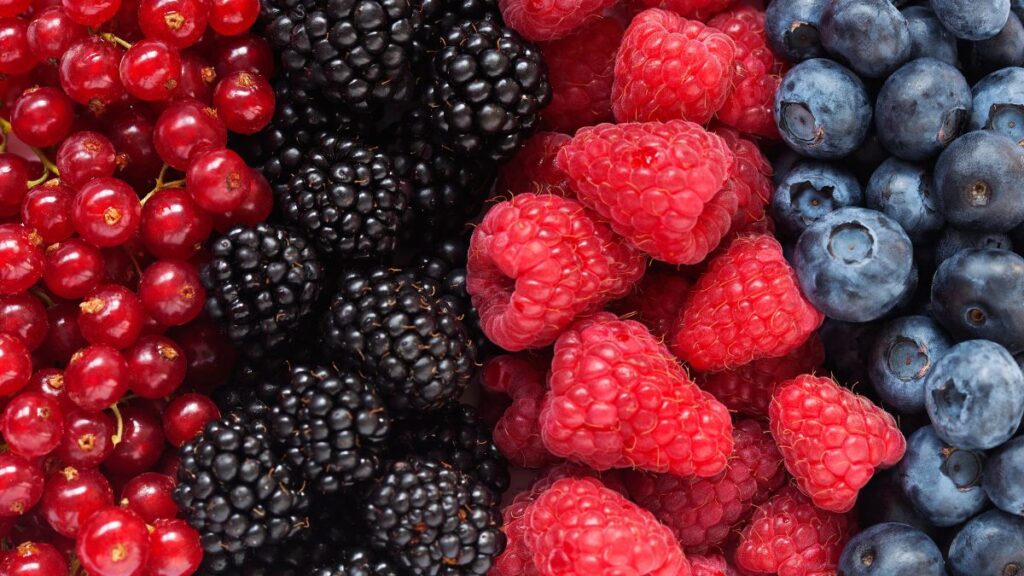
Strawberries, blueberries, and raspberries are delicious but can spoil rapidly. They often last less than a week in the fridge before becoming mushy or moldy. The high water content and delicate skin of berries make them prone to rapid spoilage.
Store them in a ventilated container to allow air circulation and avoid washing them until you’re ready to eat. Using berries quickly after purchase can help you enjoy their full flavor and prevent waste.
Mushrooms
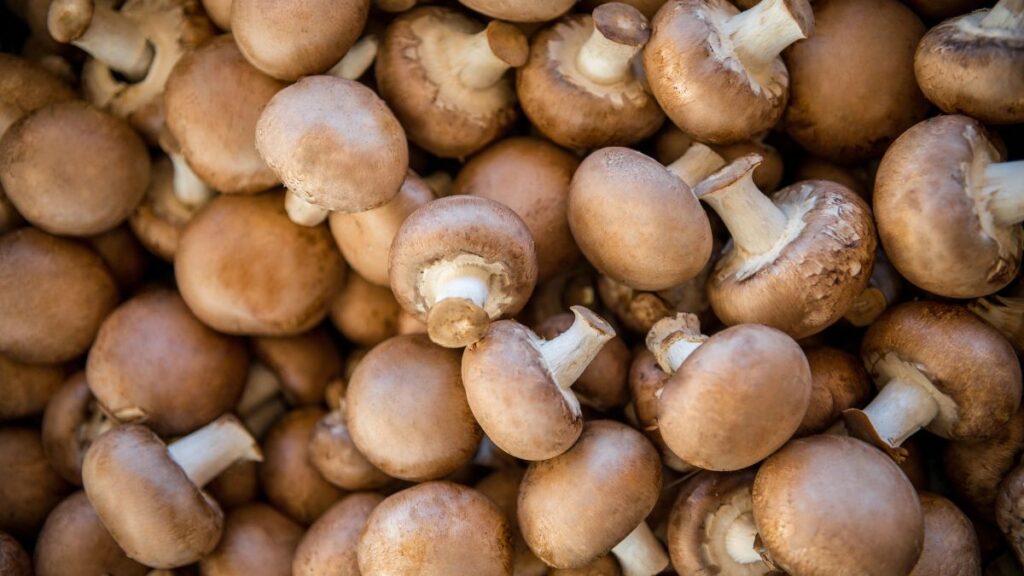
Mushrooms can be a great addition to many dishes but have a short shelf life, even when refrigerated. They can become slimy and develop a strong odor within a week. Their porous texture makes them susceptible to absorbing moisture, leading to quicker spoilage.
Keep them in a paper bag rather than plastic to absorb excess moisture and extend their freshness. Use mushrooms as soon as possible to get the best taste and texture.
Avocados
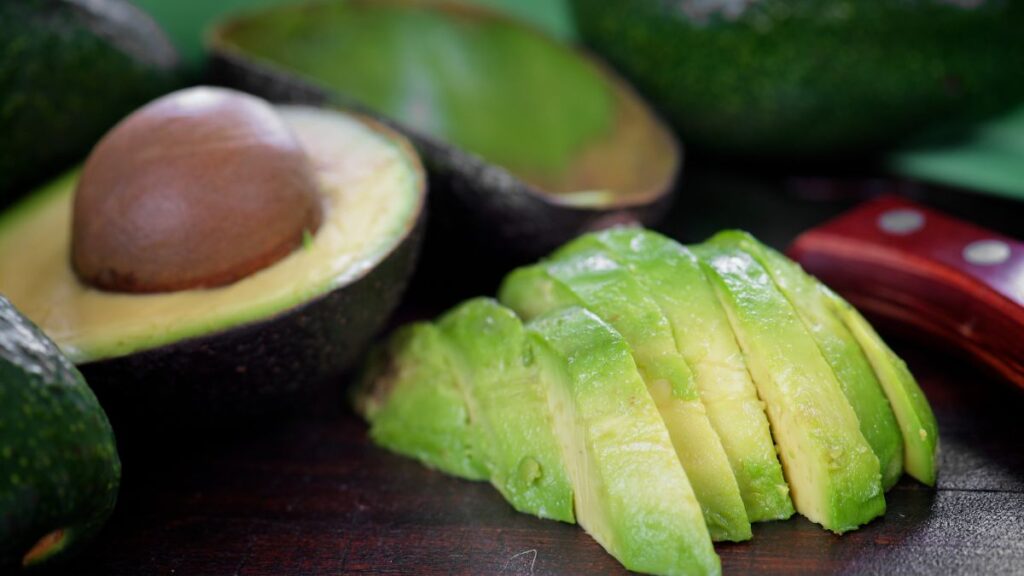
Avocados are a popular and nutritious fruit but can turn from perfectly ripe to overripe very quickly. Once cut, they spoil in just a few hours, turning brown and mushy. Even whole avocados can become overripe within a week if not stored properly.
To slow down the ripening process, store them in the fridge and keep them in an airtight container if they’re cut. If you notice any brown spots or a mushy texture, it’s best to use them right away or discard them.
Soft Cheeses

Soft cheeses like brie, camembert, and ricotta have a relatively short shelf life. Even when refrigerated, they can spoil in less than a week due to their high moisture content and soft texture.
These cheeses are more prone to bacterial growth, which can lead to faster spoilage. Store them in their original packaging or an airtight container to maintain freshness. Check for any unusual smells or mold and use them promptly to enjoy their best quality.
Fresh Seafood
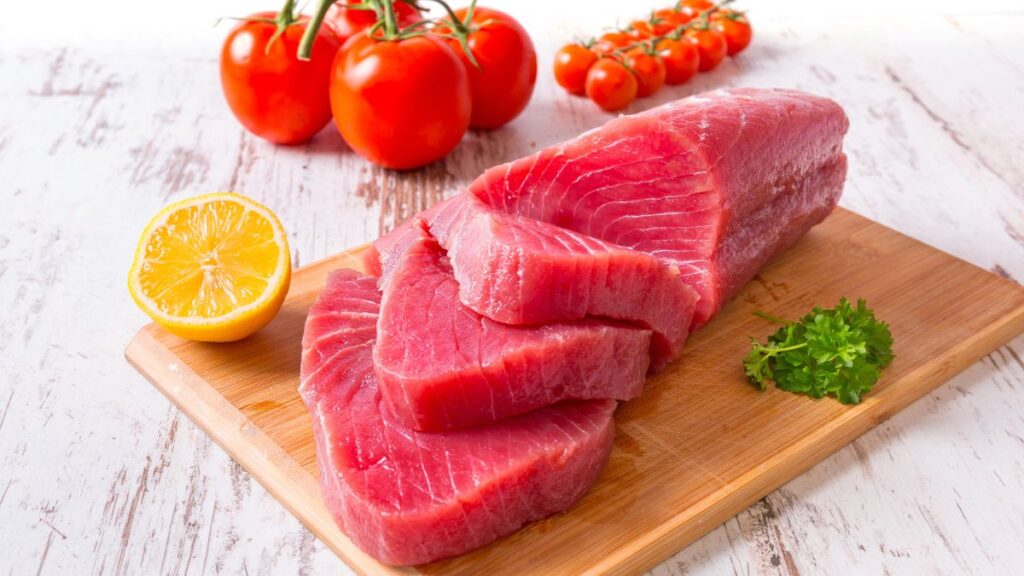
Fresh seafood is highly perishable and can spoil quickly, even when kept in the refrigerator. Fish and shellfish can develop off odors and textures within a few days.
The high moisture and protein content in seafood make it a breeding ground for bacteria. Keep seafood in the coldest part of the fridge and consume it within 1-2 days of purchase. If you cannot use it right away, freezing it can help extend its shelf life.
Cooked Pasta
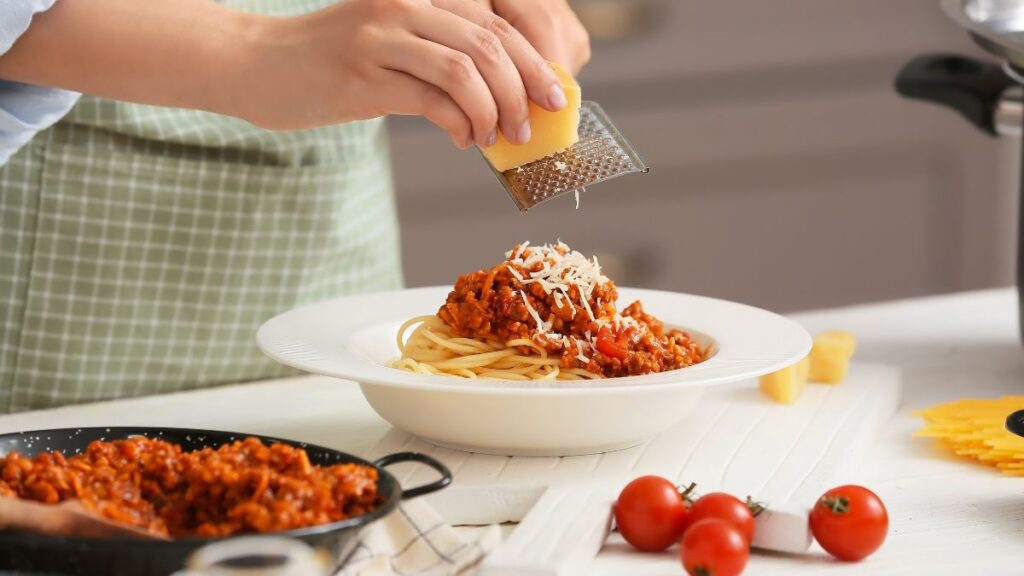
Cooked pasta may seem like a convenient leftover, but it can spoil faster than you expect. Even in the fridge, it typically lasts only 3-5 days before becoming mushy and developing an off taste.
The starch in pasta can turn gummy and attract bacteria if stored too long. Store cooked pasta in an airtight container to keep it fresh for longer. Reheat it thoroughly before eating and discard any that show signs of spoilage.
Tomatoes
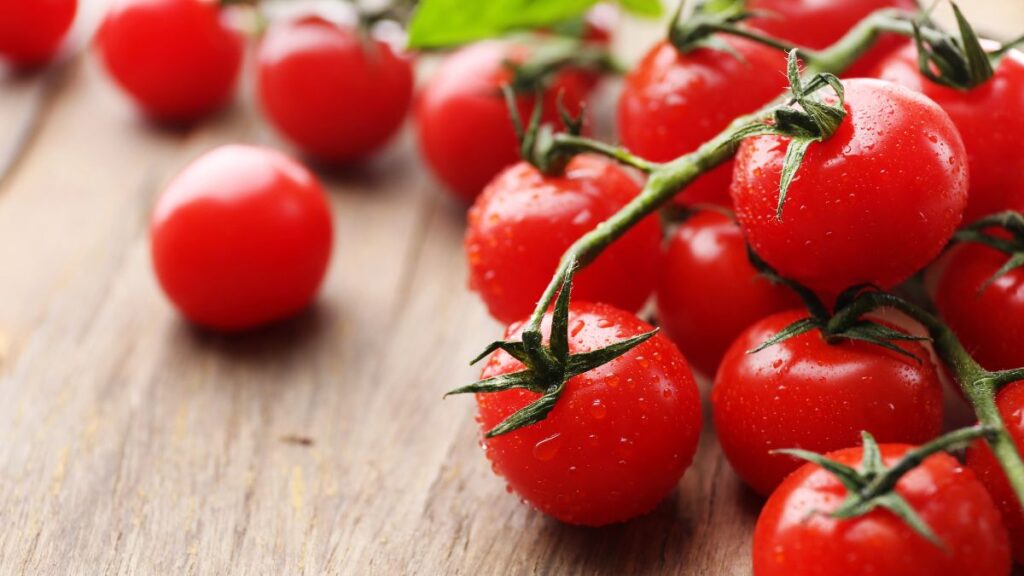
Tomatoes are often kept in the fridge to extend their freshness, but they can spoil quicker than anticipated. They can become mealy and lose their flavor within a week. The cold temperature can alter their texture and taste, causing them to deteriorate faster.
For the best taste, consider storing tomatoes at room temperature and using them within a few days. Refrigeration can be used for longer storage, but be aware that their quality may decrease.
Eggs

Eggs are generally known for their long shelf life but can spoil faster if not stored correctly. Once cracked or cooked, eggs can become unsafe to eat within a few days.
Even in their shells, they should be used within 3-5 weeks for optimal freshness—store eggs in their original carton in the coldest part of the fridge. If you notice any unusual smells or changes in texture, it’s best to discard them.
Herbs
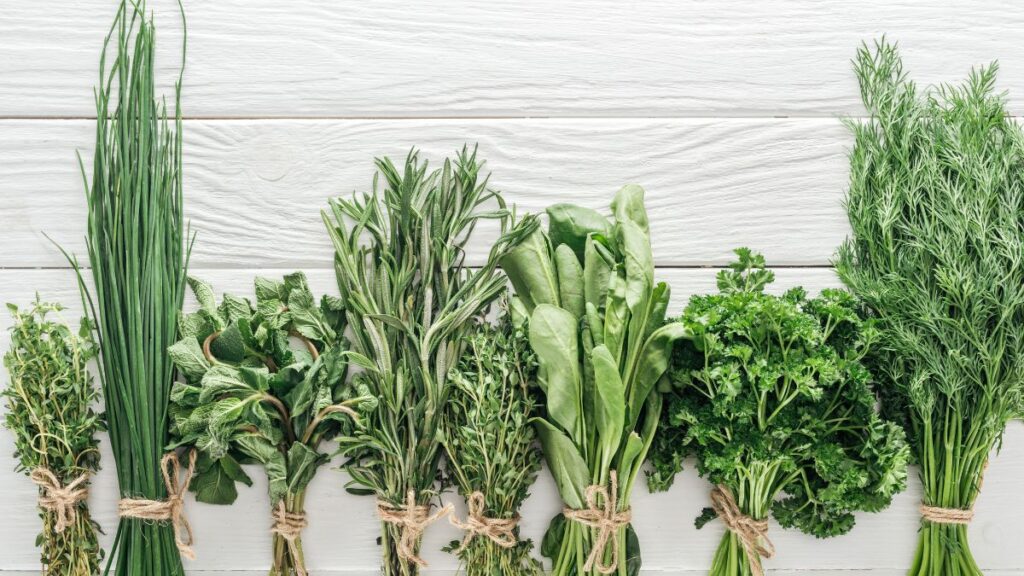
Fresh herbs like basil, cilantro, and parsley add flavor to dishes but have a short lifespan. Even when refrigerated, they can wilt and lose their flavor within a week. Their high moisture content and delicate nature make them prone to quick spoilage.
Store herbs in a damp paper towel inside a plastic bag or container to keep them fresh a bit longer. Using them promptly will ensure you get the most flavor and nutrition from your herbs.
Leftover Soups

Leftover soups can be a great way to save time, but they can spoil faster than you might think. Even in the fridge, they can become unsafe to eat within 3-4 days due to bacterial growth. The ingredients in soups, especially if they include meat or dairy, can deteriorate quickly.
Store leftover soups in airtight containers and ensure they are reheated to a boiling point before consuming. Freeze any leftovers you won’t use within a few days to extend their shelf life.
Cooked Meat
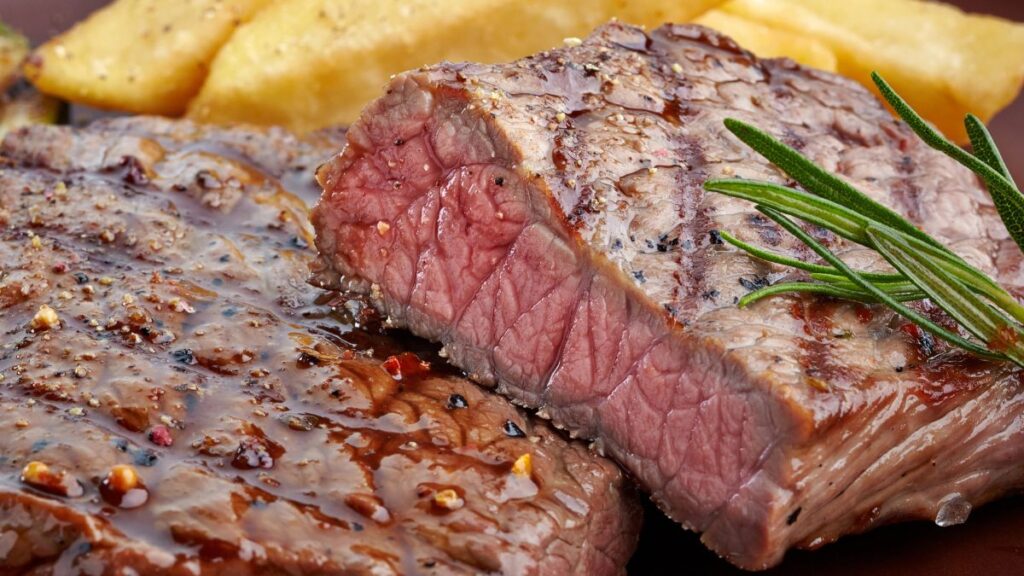
Cooked meat, such as chicken, beef, or pork, can spoil rapidly, even when stored in the fridge. It usually lasts only 3-4 days before it starts to develop off flavors and potentially harmful bacteria.
Ensure that cooked meat is stored in airtight containers and kept at a consistent, cold temperature. Reheat thoroughly before eating, and if you don’t plan to eat it within a few days, freezing it can help maintain its freshness.
Bagged Salad Mixes
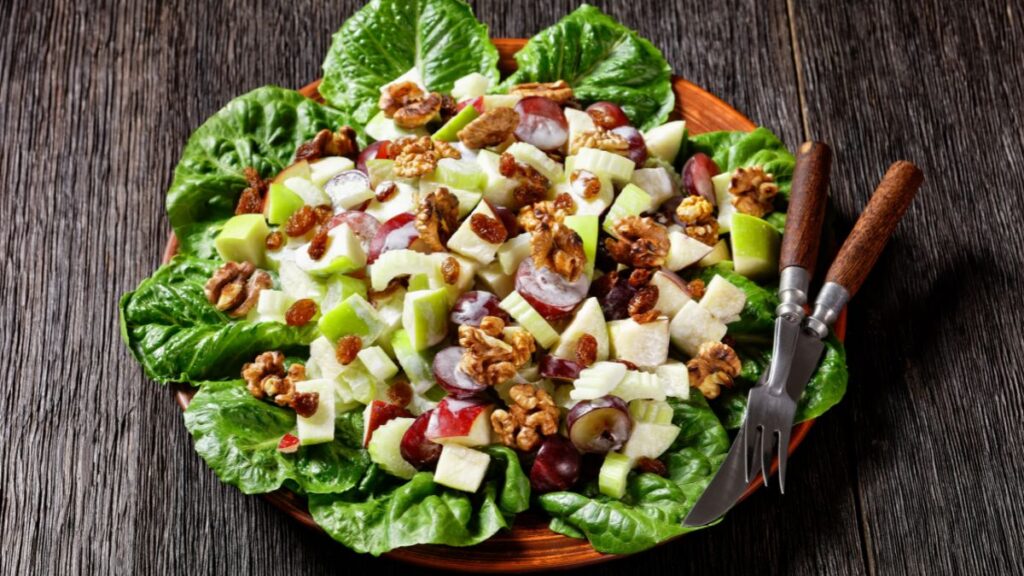
Bagged salad mixes are convenient but often have a shorter shelf life than expected. Even when refrigerated, they can become wilted and slimy within a week.
These mixes’ pre-washed greens and other vegetables are prone to quick spoilage. Store them in a crisper drawer to extend their freshness and ensure they are kept dry. Use bagged salad mixes promptly to enjoy their crispness and nutritional benefits.
Ricotta Cheese

Ricotta cheese, a common ingredient in many dishes, can spoil faster than expected. It typically lasts only 5-7 days in the fridge before it develops odors and a sour taste.
The high moisture content and mild flavor make it susceptible to quick deterioration—store ricotta cheese in an airtight container to keep it fresh longer. If you notice any mold or unusual smells, it’s best to discard it.
Opened Canned Goods
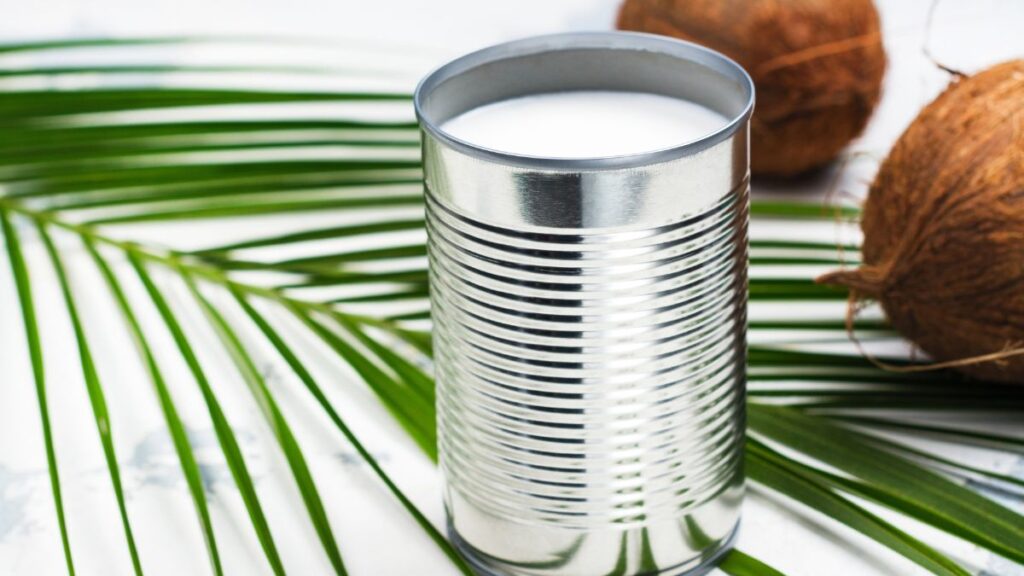
Once you open canned goods, they spoil more quickly than you might think. Even when refrigerated, opened cans of food can become unsafe to eat within a few days. The exposure to air and the breakdown of preservatives lead to faster spoilage.
Transfer leftovers to a clean, airtight container and use them within 3-4 days. Keeping them in the fridge and monitoring for any signs of spoilage can help prevent food waste and ensure safety.
15 Places Where You’re Expected to Tip—But You Really Don’t Have To

Tipping has become a widespread practice in many industries, with the expectation that you’ll leave a little extra for good service. However, not every situation truly warrants a tip, even if you feel pressured to give one.
15 Places Where You’re Expected to Tip—But You Really Don’t Have To
15 Most Annoying Habits of American Tourists When Dining Abroad

Traveling abroad is an exciting adventure, and dining in new places is a big part of the experience. However, some common behaviors by American tourists can be frustrating for locals and affect the dining experience.
15 Most Annoying Habits of American Tourists When Dining Abroad

